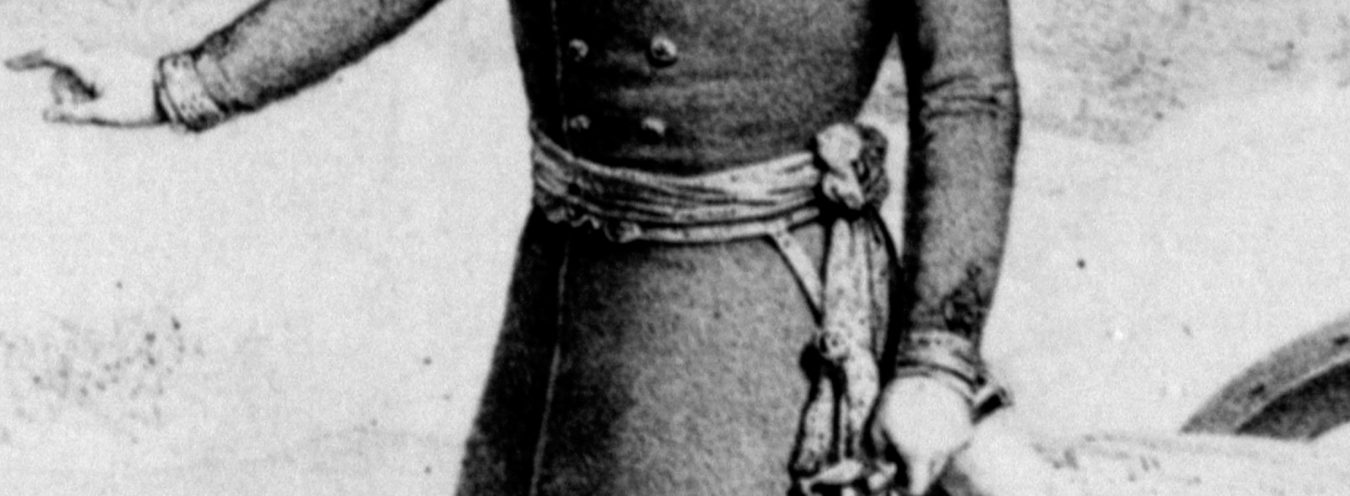
Bem Józef
Józef Bem is mentioned in Rzecki’s narration only once, when the old clerk reminisces about an episode of the battle he fought in: ‘Herr Gott!’ the old corporal exclaimed, ‘just look how our lads are firing…General Bem or the devil himself must be in command.’ This event took place in the spring of 1849, and the days of greatest glory were still to come for the Polish military leader. At that time, though, he was already known as a legendary hero of the November Rising, a great strategist and a Romantic “condottiero of freedom,” who started to fight for the liberation of his homeland in battlefields all over Europe at a very young age. Bem commenced his military career in the Napoleonic army, gained fame in the 1831 Battle of Ostrołęka, and then tried to organise a Polish legion in Portugal. Before the 1848 Springtime of Nations, he found himself in Vienna, which he left for Hungary. There, as the commander of the Transylvanian Army, he became the national hero of Hungarians, who admired him not only for his strategic genius, but – first and foremost – for his outstanding courage, willpower, and preparedness for self-sacrifice. The General’s legend was largely created and immortalised in the verses of his adjutant, the Bard of the Springtime of Nations and Hungary’s national poet, Sandor Petöfi, who was killed on 31 July 1849 in the Battle of Segesvár at the young age of 26. Petöfi was said to be rather hard to impress, but he held Bem in the highest esteem, moved to tears by his valour. The famous poem titled “The Transylvanian Army” reads, Why should we not win? We’re led by Bem,/The old champion of freedom!/The bloody star of Ostrolenka/Leads us with its avenging brightness (quoted by A. Miskolczy in History of Transylvania).
Hungarian troops laid down their weapons on 13 August 1849. Lajos Kossuth, the Governor-President of the Kingdom of Hungary, was admittedly reconciled with the failure of the revolution, but Bem did not want to hear of capitulation and was forced to it only after several more days of heroic fighting. Then, Bem and a number of soldiers fled to the Ottoman Empire, where he continued to fight in line with the Polish motto of that time: “For our freedom and yours.” For greater efficiency, he converted to Islam, and died after a few months as Murad Pasha. The circumstances surrounding his death remain a mystery, but his last words are believed to be “Oh Poland! My Poland! I will not be the one to liberate you!” He did not manage to liberate Hungary either but is still listed among the country’s greatest national heroes.
→ Kossuth Lajos; → Hungarian Revolution of 1848;
Bibliografia
- J. Chudzikowska, Generał Bem, Warsaw 1990.
- A. Miskolczy, Revolution and The War Of Independence (1848–1849), in History of Transylvania, ed. Béla Köpeczi, Budapest 1994.



